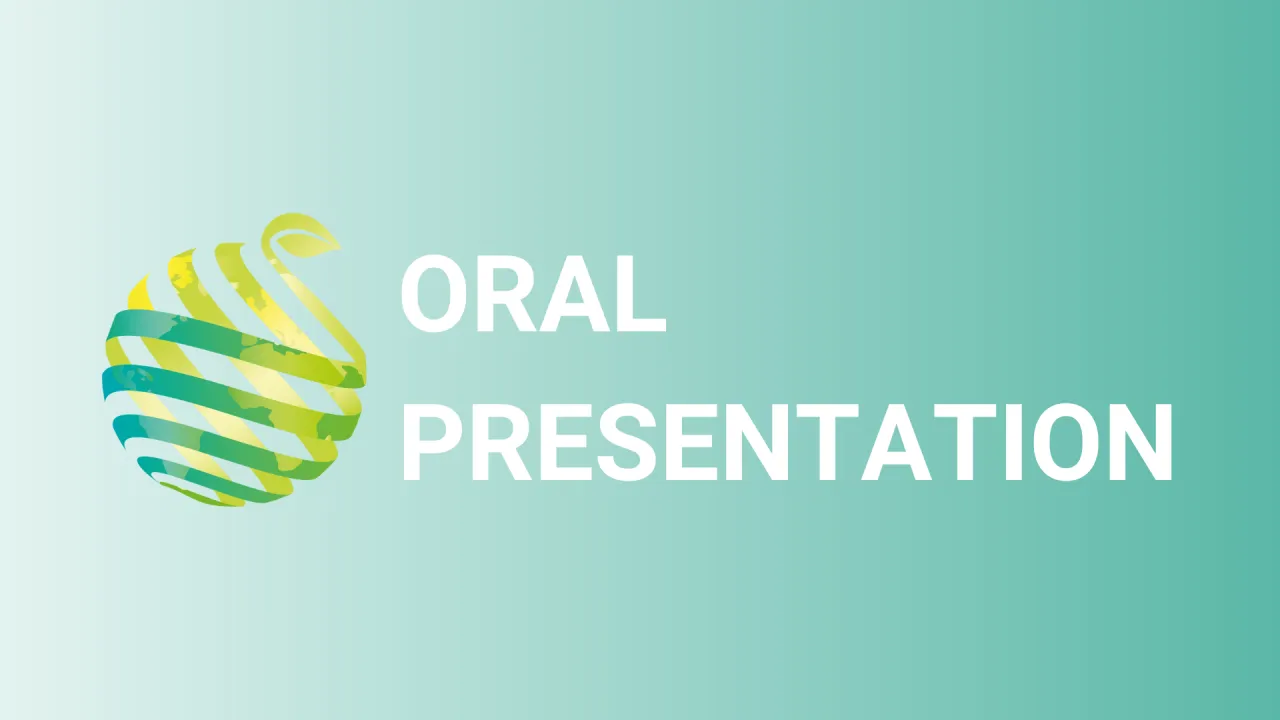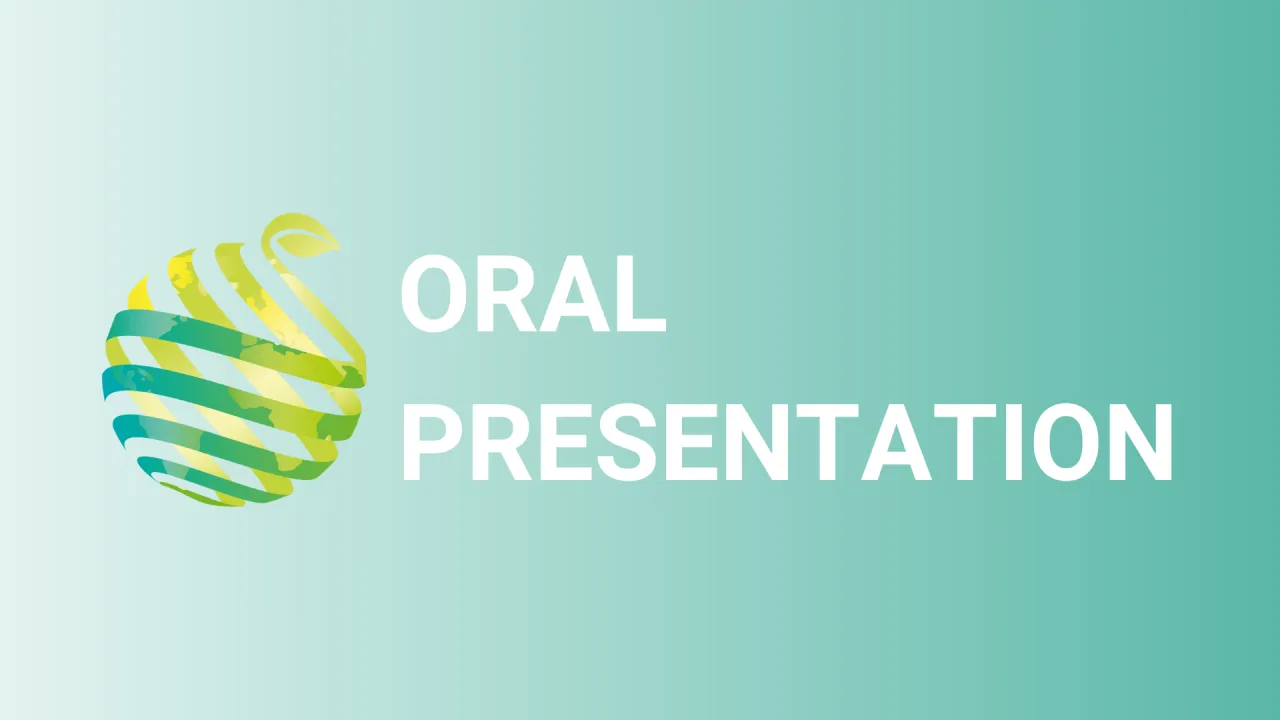

S09 - Session O1 - How researchers act as `Bridgers´ in Brussels food Policy making
Information
Authors: Toma Rixen *, Noémie Maughan, Francisco Davila , Marjolein Visser
Urban agriculture and its potential contributions to a sustainable food system have been on Brussels' agenda for more than a decade. Launched in 2016, Brussels food strategy, the Good Food, is currently undergoing a reform, passing from a " Sustainable food system" focus (Bruxelles Environnement, 2016) to an Agroecology focus. Consequently, the administrations in charge n Bruxelles Environnement & Bruxelles Economie et Emploi - struggle to refine this new vision, facing the fuzziness around the normative concepts of Sustainability and Agroecology (Migliorini & Wesel, 2017; Halla & Binder, 2020). Through the Good Food co-construction process, those administrations are experiencing a hard time trying to arrange discordant points of view and facing different levels of participation among stakeholders. Researchers of the Agroecology Lab have actively contributed to the Good Food's vision process via a close dialogue with food policy-makers and its stakeholders, especially urban producers. Those discussions between the various stakeholders have fuelled research proposals to enhance the transition process in Brussels Food Policy. This presentation focuses on how researchers that support civil society dynamics n particularly through participatory action research methodologies n can play a crucial role in fostering public policies in general, and Brussels Food Policy in particular. Sometimes influenced, often influencers , how do these « bridgers » (also known as knowledge brokers or boundary workers ) contribute to transition processes and help build collective innovation capacities? Throughout a process of reflexivity, researchers' posture was spelled out, in order to assess how both posture and process evolved and interacted.